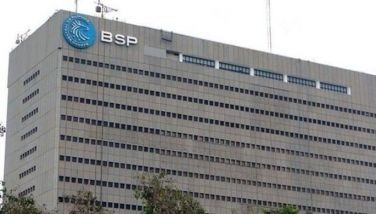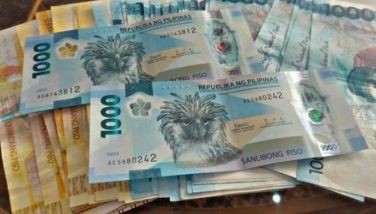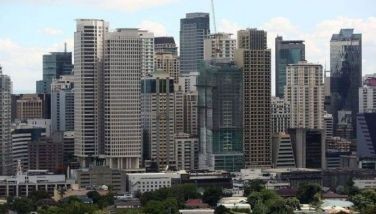Phl growth likely eased in Q1 – ING
MANILA, Philippines - Dutch financial giant ING Bank said the country’s domestic output growth likely eased in the first quarter due to the absence of election-related spending that boosted private consumption last year.
ING Bank senior economist Joey Cuyegkeng said the economy likely grew between six and 6.3 percent in the first quarter, slower than the 6.8 percent expansion booked in the first quarter of last year.
“A stronger than expected first quarter economic growth would now require a stronger private sector activity while exports continue to rebound and agriculture recovers from the impact of drought in the first half in 2016” he said.
The economist said the country’s agriculture growth likely settled at four percent in the first quarter.
“But the absence of election spending may also make the impact of the agriculture rebound more moderate,” he added.
Cuyegkeng said export earnings of the Philippines grew 17.5 percent in the first two months versus the eight percent contraction recorded in the first quarter of last year.
On the other hand, imports grew 15.8 percent from January to February this year resulting in a wider trade gap of $4.2 billion in the first two months from $3.7 billion in the same period last year.
Cuyegkeng said monetary indicators show more promise in financing faster economic activity in first quarter of the year.
Latest data from the Bureau of Treasury showed the government’s budget deficit narrowed 26 percent to P83 billion in the first quarter from P112.5 billion in the same period last year.
This as government expenditures grew at a slower pace of four percent to P615.4 billion from P591 billion while revenues rose 11 percent to P532.4 billion from P479 billion.
“The good news is that revenues are rising faster than spending resulting in a more moderate fiscal deficit. We expect improvements in government spending performance in the coming months,” Cuyegkeng said.
The economist believes that headline and core government spending growth is slow and is likely to affect overall GDP growth in the first quarter of the year.
- Latest
- Trending































